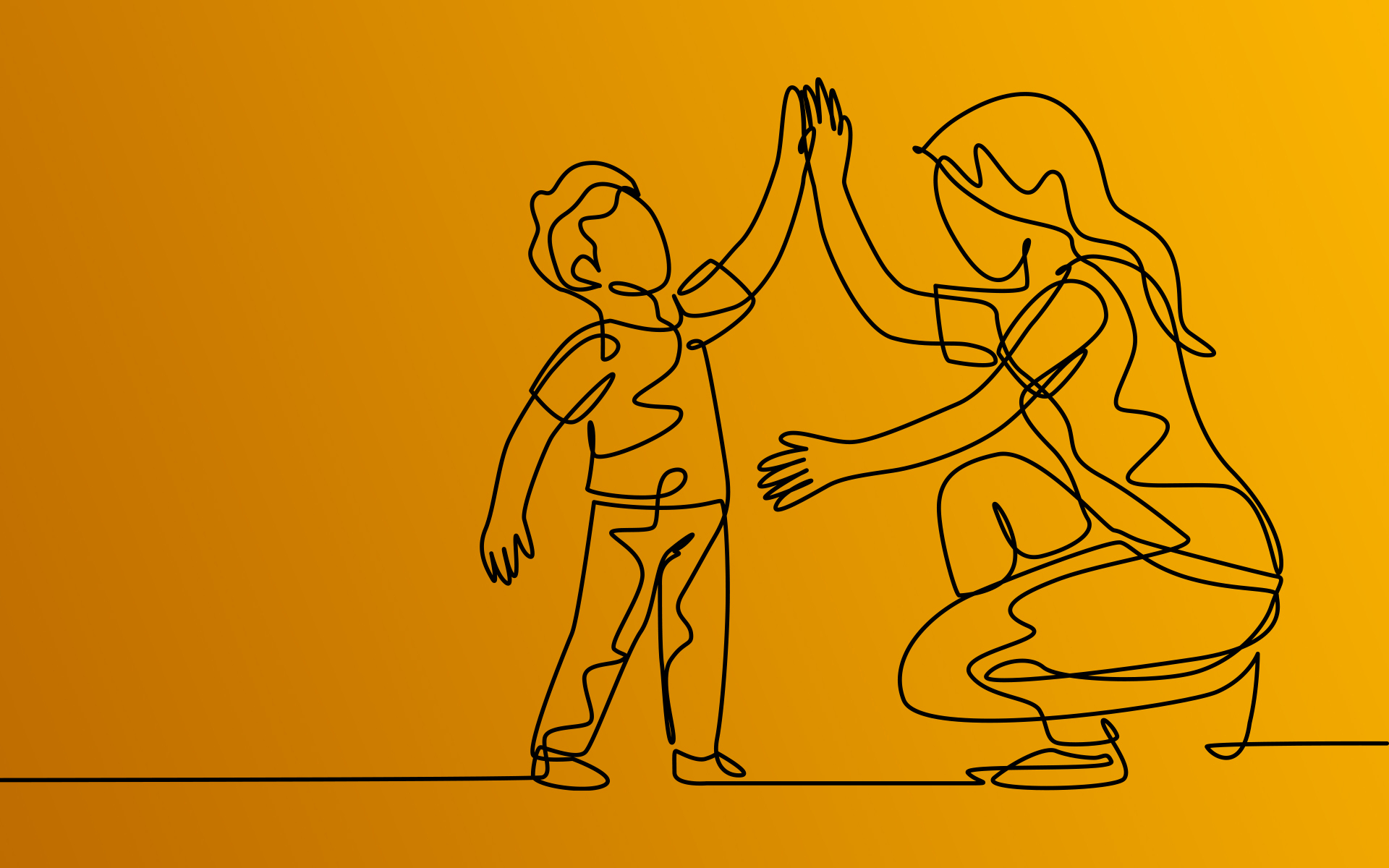
Recognizing Something is Off
Growing up, our parents are often the ones with all the answers. You have a problem and your dad has the solution. You shed a tear and your mom is armed with tissues and your favorite foods. If you have a bad day and feel as though the world is against you, you can at least take some comfort in knowing you can call home.
But what happens when there is a shift in the dynamic? What if one or both parents develop a mental health disorder and suddenly there are cracks in the foundation? How do you cope? How can you help?
Where do you even start?
Learn the Symptoms
It’s important to first learn what mental health disorders look like so that you know how to move forward.
What Does Depression Look Like?
Depression presents itself in a multitude of ways, with symptoms most commonly looking like:
- Feeling hopeless and/or helpless. Possibly the most obvious indicator of depression. If your mom or dad was once a ray of sunshine but now lives with a lasting rain cloud over their head, then it may be worth bringing up to them.
- Loss of interest in daily activities. If your dad was once an avid fisherman or your mom was an active shopper, or vice versa, but now they prefer to lay in bed or refuse to get up from the couch, then this could be a sign that they’ve lost interest in doing things they once enjoyed.
- Appetite or weight change. It’s normal for weight to fluctuate as one ages, but if the change is dramatic and combined with other symptoms, then it may be worth reaching out and asking how they’re feeling.
- Sleep change. If he or she complains about never being able to fall asleep, or suddenly claim that they are sleeping too much, this can be an indication of something bigger happening.
- Anger or irritability. Shortness in temper can be a sign that someone is dealing with a great amount of stress, and depression can make even the most mild-tempered soul grow the sharpest tongue. Try not to let their words affect you, but also be firm in that they cannot allow their situation to affect their relationships with others. Depression is a disorder that deserves to be understood, but it is not an excuse to treat others poorly without actively trying to get better.
What Does Bipolar Disorder Look Like?
- Mood swings. This is greater than just your mother or father not getting their full eight hours and giving you some morning sass. The mood swings will be major, and likely out of character depending on where your parent defaults to on the mood scale.
- Difficulty sleeping. Bipolar disorder can disrupt the sleep schedule of even the most routine-driven retiree.
- Feeling extremely restless or impulsive. If your content, mild-mannered parent is now looking to sell the house and go travel the country while living out of a van, or suddenly wants to engage in behaviors they once found unsafe, then it may be time to seek professional help.
What Does OCD Look Like?
- The urge to arrange things in a certain way. Have you ever checked your parents’ pantry and noticed that every box perfectly lines with one another? Or that all the soup cans have their label meticulously facing outwards?
- Ritualistic behaviors such as checking the door repeatedly before going to bed or washing hands repeatedly due to fear of germs. If your dad religiously checks the door locks multiple times before bed each night, or will turn the car around if your mother can’t promise she turned off the stove (even though it hadn’t been used that morning), then this is a clear indication that he may be suffering from OCD.
- Obsessions Without Visible Compulsions. Identified by intrusive thoughts about religious, intimate, or aggressive themes. Triggers related to these themes are typically steered clear of as much as possible.
Hoarding. Characterized through obsessive anxieties of getting rid of items or belongings that you may need one day.
What to Say to Your Parent
It’s okay if, at first, things feel a little uncomfortable. Your parent, who was once your superhero, your rock, has now proven to be just as vulnerable to the world as you are. It can be an odd sensation to view your parents as anything less than untouchable.
So long as your parents’ mental condition doesn’t resort to toxic behaviors towards you, then there will come a time that you have to look past the discomfort and be strong for them.
They’ve held your hand during your first steps, holding you steady so you wouldn’t fall. Even though one day they let go of your hand for the last time, knowing you were strong enough to stand on your own, they were always there in the moments to catch you before you could fall.
You can do the same for them.
Ask them how you can help.
Vocalize your support.
A parent will never grow tired of hearing they are loved by their children, nor will they ever let you forget that you are loved by them.
What Not to Say
That leads into some helpful advice on what not to say to someone who is suffering from poor mental health:
- “This is all in your head”
- “It could be worse”
- “Everyone goes through tough times.”
- “Why do you want to die when you have so much to live for?”
- “I can’t do anything about your situation.”
- “Just snap out of it.”
- “You should be feeling better by now.”
- “Try to look on the bright side.”
Moving Forward
Situations differ, as does one’s relationship with their parents. Some people will relate to every example listed in this article, while others won’t identify with a single one.
It’s okay if your relationship with your parents has seen hard or rocky times. If you find yourself stumbling upon this article, then it’s likely because you are looking to help, no matter what that may look like.
Whatever your situation, just know that this can be equally as scary and nerve-wracking for your mother or father as it is for you.
Remember, tread carefully; love fiercely.
Take it one step at a time.


No comment yet, add your voice below!